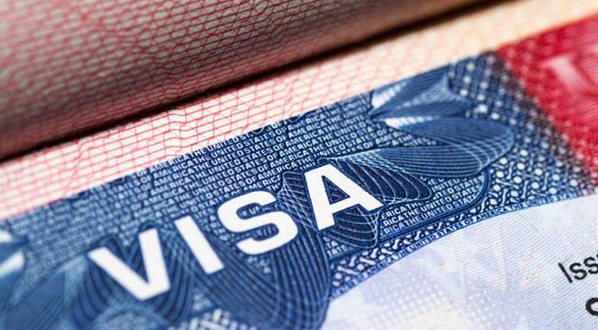The United Kingdom is set to phase out its care worker visa route, a decision that could have significant consequences for thousands of Nigerians and other migrants seeking employment within the UK’s health and social care sector. This announcement, made by UK Home Secretary Yvette Cooper, came as part of a wider effort to limit migration into the country.
The care worker visa pathway, which has been widely used by migrants, will be gradually eliminated, Cooper explained. This change is expected to reduce the number of workers entering the UK in lower-skilled positions as part of the government’s broader effort to curb immigration. The UK government is also focusing on the need to restrict employers from filling such roles through migrant labor.
“This is the end of a failed free market experiment that allowed widespread overseas recruitment,” Cooper told the BBC. The new restrictions are part of a strategy aimed at reducing net migration significantly. Cooper further noted that the reforms would reduce the number of arrivals by approximately 50,000 people annually, although she did not provide a specific target for net migration.
The UK government’s crackdown on migration follows gains made by Reform UK in recent local elections, a party known for its anti-immigration stance. As a result of the increasing popularity of anti-immigration parties, Labour leader Sir Keir Starmer has also pledged to take tough action on immigration, stating that he would “restore control and cut migration… with tough new measures.”
The care worker visa ban has caused widespread concern among care providers in the UK, who are already struggling with significant staff shortages. Jane Townson, from the Homecare Association, warned that eliminating the visa route could exacerbate the crisis. She questioned where the workers would come from if funding for the sector was not increased and if migration routes remained closed.
Cooper acknowledged the concerns of care providers, but noted that care employers could look to hire from the 10,000 migrants already in the UK who had come through the care worker visa route. She explained that some of these workers had previously taken jobs that were not adequately filled or were below the standard required.
To address the concerns about workers’ pay, Cooper promised a new “fair pay agreement” for care workers, explaining that the previous influx of international recruitment had not tackled the underlying issues within the care sector.
However, Shadow Home Secretary Chris Philp criticized the new approach, describing it as a “little 50,000 tweak.” He also blamed the Conservative government for not acting sooner when migration numbers surged above 900,000 in 2023.
In addition to the restrictions on care worker visas, the UK government also plans to limit skilled worker visas to graduate-level roles. Non-graduate positions will only be available for specific industrial needs and on time-limited terms.
While the government’s changes regarding international students are not as harsh as initially expected, Cooper did stress that universities must adhere strictly to visa compliance rules. In response, Richard Tice, deputy leader of Reform UK, emphasized that public dissatisfaction with migration policies had played a significant role in his party’s success in local elections. He called for the establishment of a separate, dedicated Department of Immigration to address the growing concerns surrounding migration and its impact on the UK.










